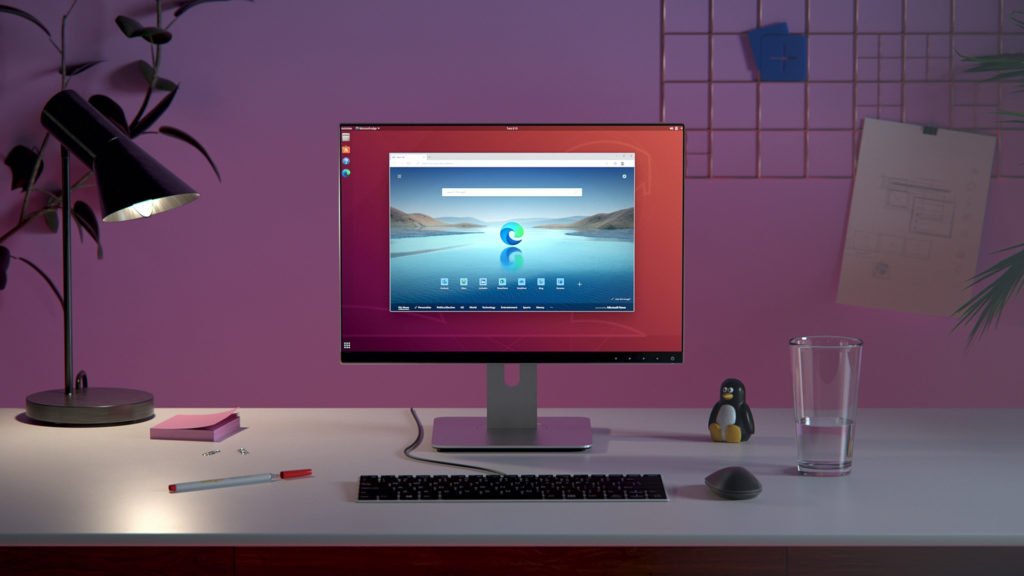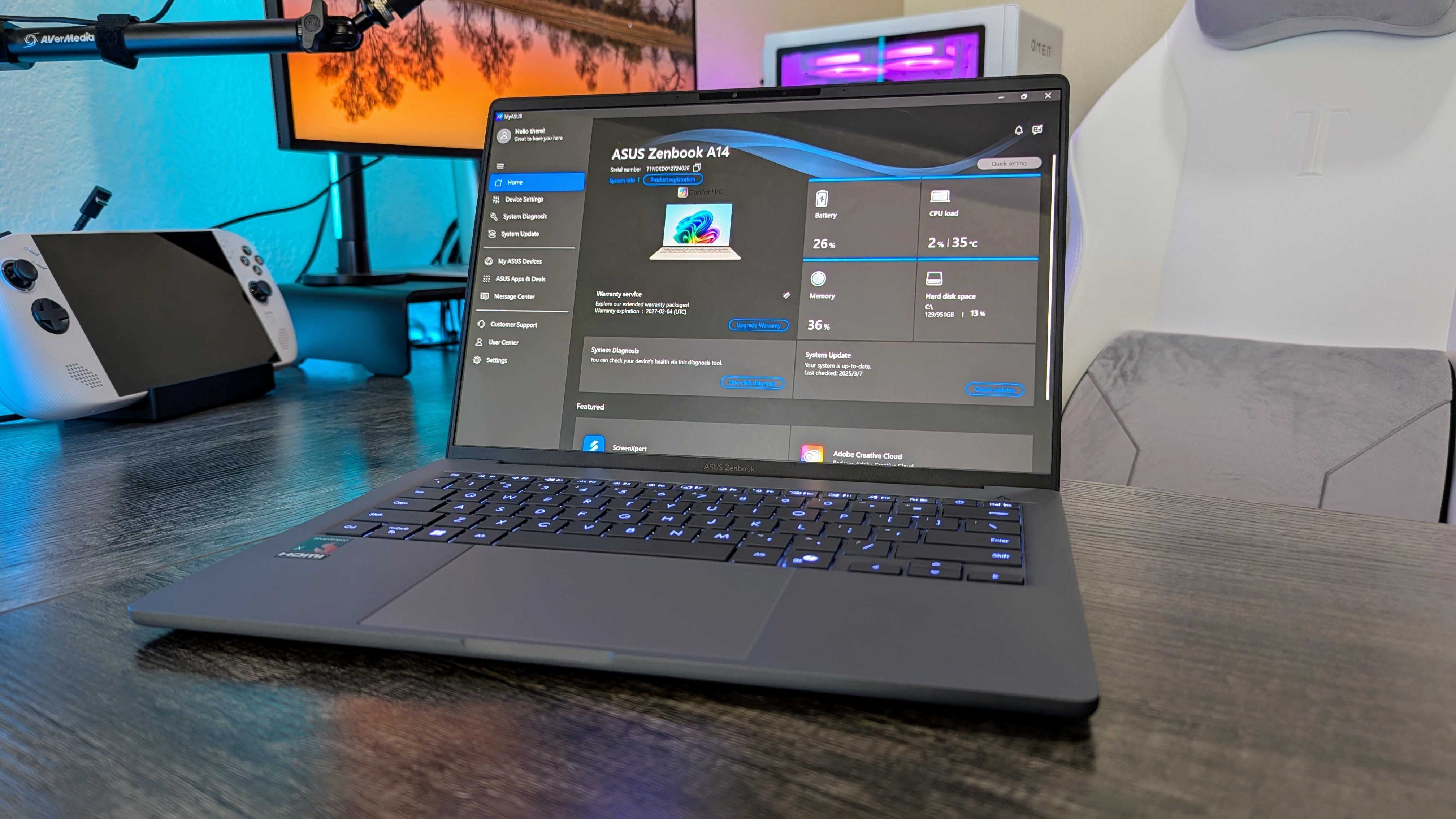Linux replaces Windows in one German state's bid for software independence
History repeats itself.

All the latest news, reviews, and guides for Windows and Xbox diehards.
You are now subscribed
Your newsletter sign-up was successful
What you need to know
- Schleswig-Holstein plans to shift roughly 25,000 PCs from Windows to Linux.
- Microsoft Office will also be replaced by Libre Office.
- The goal is to move the public sector in the direction of free and open-source software.
When one thinks of business or government computing, Windows and Microsoft Office are typically the de facto go-to. But that's not the case anymore for the German state of Schleswig-Holstein, which is planning on converting its public sector machines to the Linux and Libre side of the force by 2026.
This shift will involve around 25,000 PCs in total, as reported by the Document Foundation (additional figures can be found in Schleswig-Holstein's plan documentation [via Heise]). The idea behind the change is that free and open-source software should be given priority. A benefit from moving to Linux and Libre is forecasted to be saving money on licensing costs, though there are expense complications to be considered in terms of the migration itself and the costs of operational infrastructure when conducting state business through Linux and other open-source software.
The rise of cloud solutions is one of the reasons this open-source agenda may succeed where previous German attempts haven't. The most notable previous attempt was the LiMux plan that was set to convert Munich to open-source software. That plan fell apart for a variety of reasons, with some claiming it was due to software conflicts brought about by Linux (via Ars Technica). There's more to the LiMux saga; it's a bit of a rabbit hole that includes accusations of corporate backscratching. But at least on the surface, the reasons for Munich's retreat to Windows are straightforward.
Time will tell if Schleswig-Holstein's initiative ends up the same way. For now, goodbye Windows 10 and Windows 11, and hello Tux.
All the latest news, reviews, and guides for Windows and Xbox diehards.

Robert Carnevale was formerly a News Editor for Windows Central. He's a big fan of Kinect (it lives on in his heart), Sonic the Hedgehog, and the legendary intersection of those two titans, Sonic Free Riders. He is the author of Cold War 2395.
